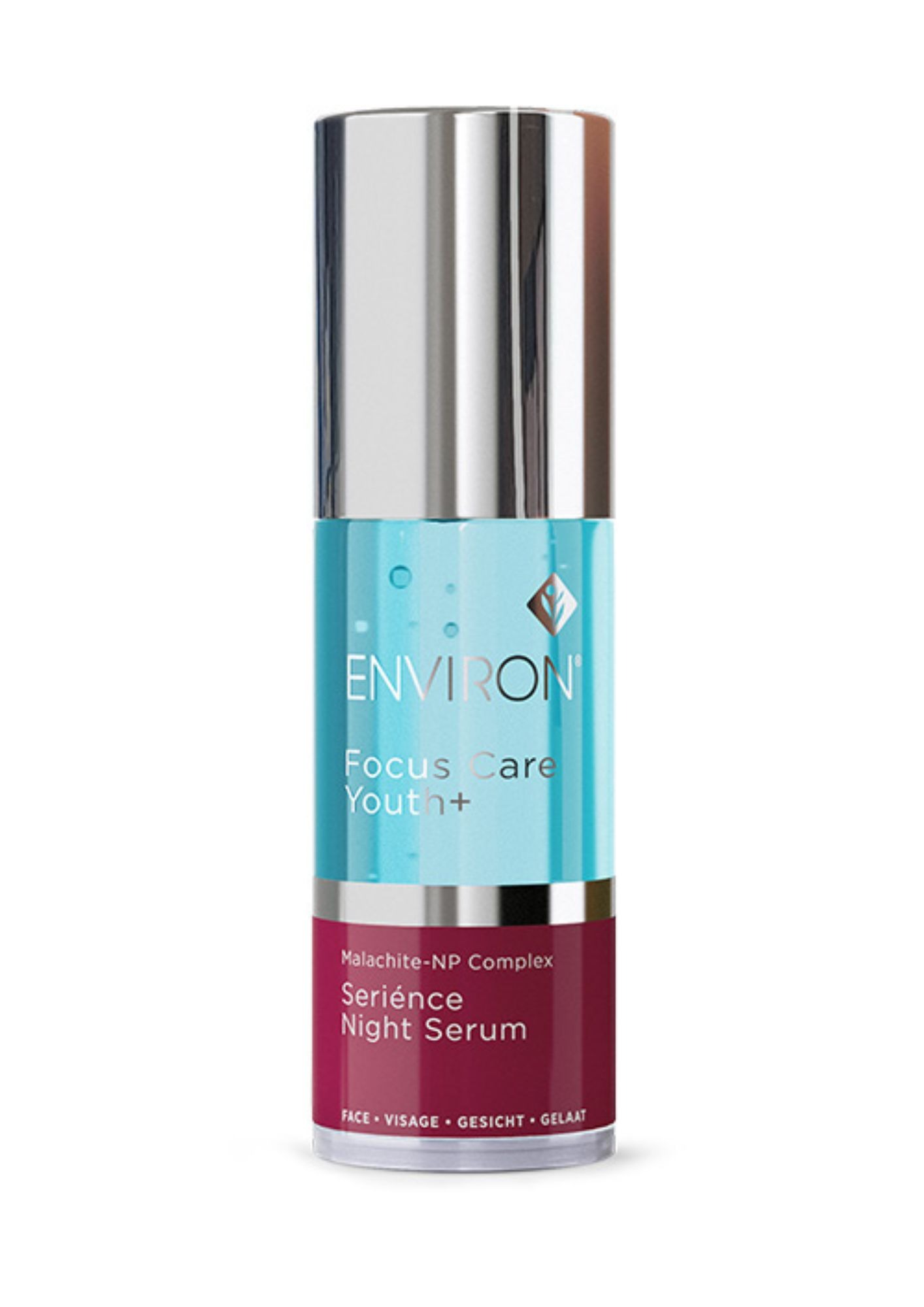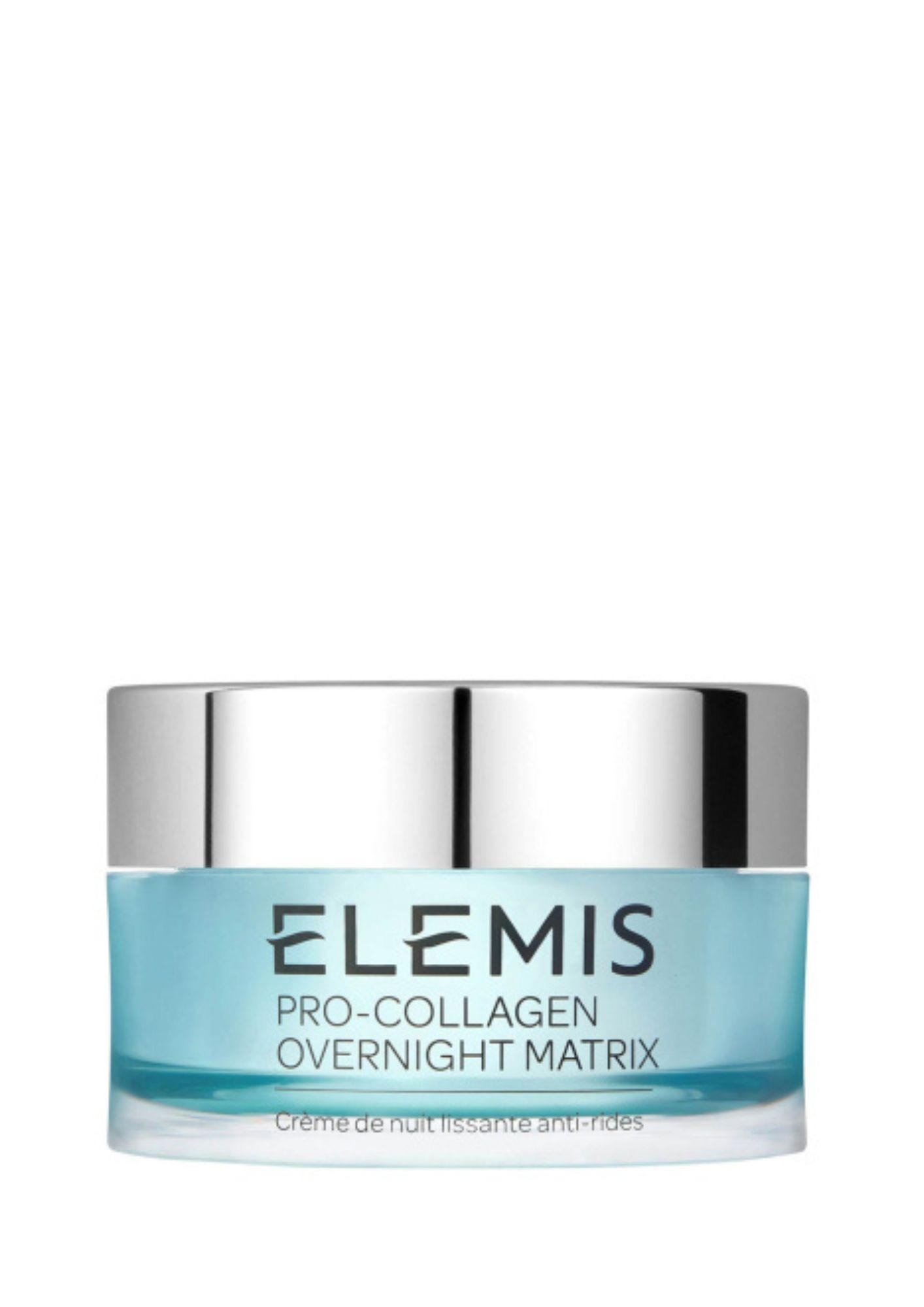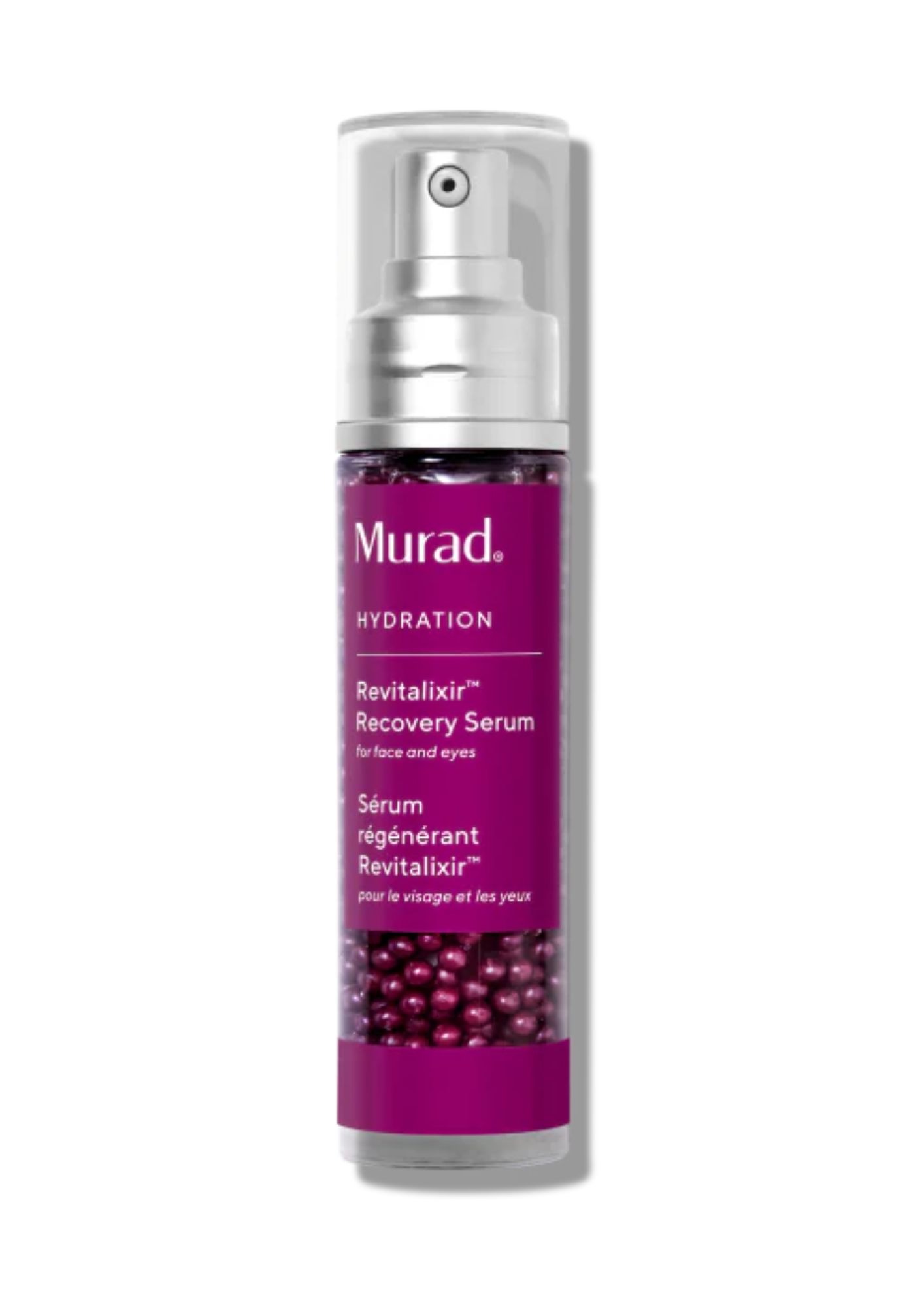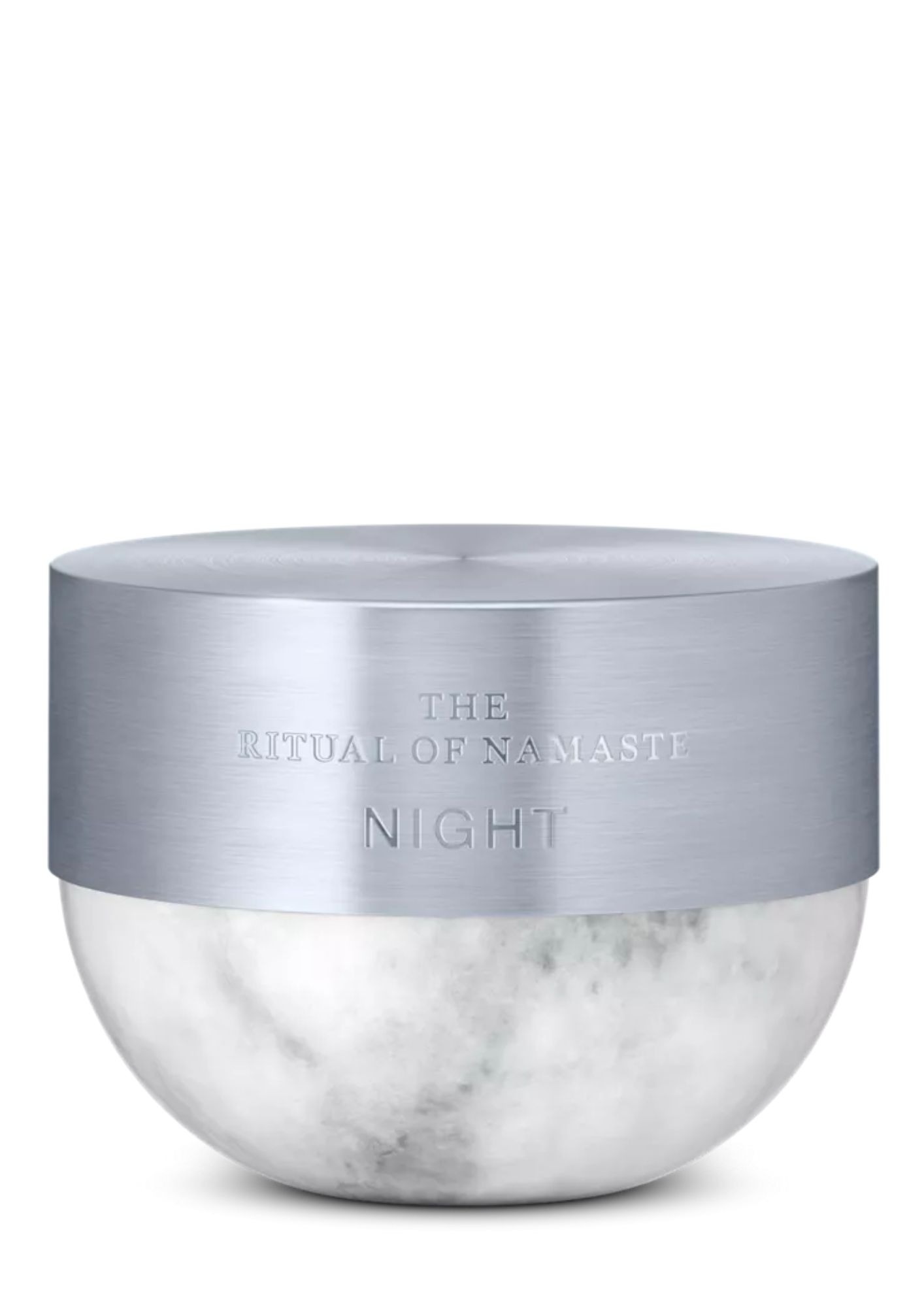The science behind reviving skin dulled by modern life
Meet neuroproline, the ingredient that helps your skin cope with a problem we can no longer avoid.
by Kristina Mikulić GazdovićNovember 12, 2025


Meet neuroproline, the ingredient that helps your skin cope with a problem we can no longer avoid.
by Kristina Mikulić GazdovićNovember 12, 2025
There is much talk and even more writing about the impact of chronic physical or psychological stress on the human body. Stress is natural and, in certain situations, even desirable as a response of the human body to external factors. However, what becomes problematic is chronic stress. A lack of relaxation periods and decreased cortisol levels is a state described as chronic stress.
The consequences can vary, but the hair and skin are often the first to suffer. The effects of chronic stress on hair and skin are also the easiest to notice. Premature hair loss, thinning, or excessive scalp oiliness can all be warning signs. And while there are many options available today to address hair-related issues, things become more complex when it comes to the skin. Yet one ingredient deserves your attention, as it helps prevent many skin problems caused by chronic stress. Meet neuroproline.
Neuroproline is the name of a natural complex primarily derived from the seeds of the Tephrosia purpurea plant, also known as wild indigo. The extract is often used in Ayurvedic skincare traditions. On ingredient lists, you will find this complex as a combination of propanediol and Tephrosia Purpurea Seed Extract. It is water-soluble, which is why it is mainly found in facial serums and creams. Even a small concentration of 0.5% delivers results, while skincare products can contain doses of up to 2%.

Photo: Junessa Rendon
Neuroproline acts on cortisol produced by the skin. It effectively prevents the production of cortisol in the skin within two hours of application. But aside from reducing this hormone, neuroproline has another important effect. It stimulates skin cells to produce beta-endorphins, the “feel-good” hormones that help regulate stress. In other words, you can think of neuroproline as neutralizing the effects of cortisol on the skin and helping it “relax.”
You may have noticed from your own experience that after a long period of stress, your skin tends to look older, drier, less radiant, and less elastic, while inflammation and redness are also common. All these skin conditions can result from chronic stress, as well as from lack of sleep, unprotected sun exposure, polluted air, or invasive skin treatments.




It is beneficial to include products with neuroproline in your routine, either as a cream or serum, both in your morning and evening skincare if you:
Neuroproline is suitable for most skin types and concerns. Since it is only water-soluble, it should be applied to clean skin. For that reason, a serum containing neuroproline will usually be more effective than a cream. Before applying your cream or serum with neuroproline, avoid using oil-based or milky serums and facial mists. Such products often contain oils that can prevent proper absorption of this excellent Ayurvedic ingredient, reducing its effectiveness. Neuroproline starts working within two hours of application, while consistent, long-term use helps prevent the unwanted effects of chronically elevated cortisol in the skin.